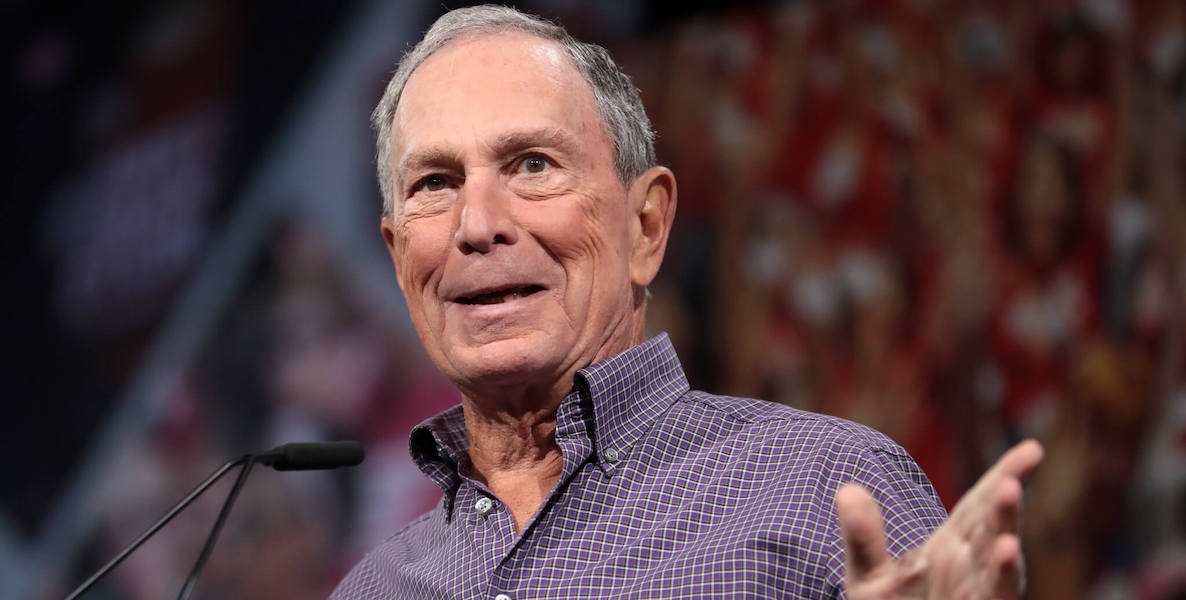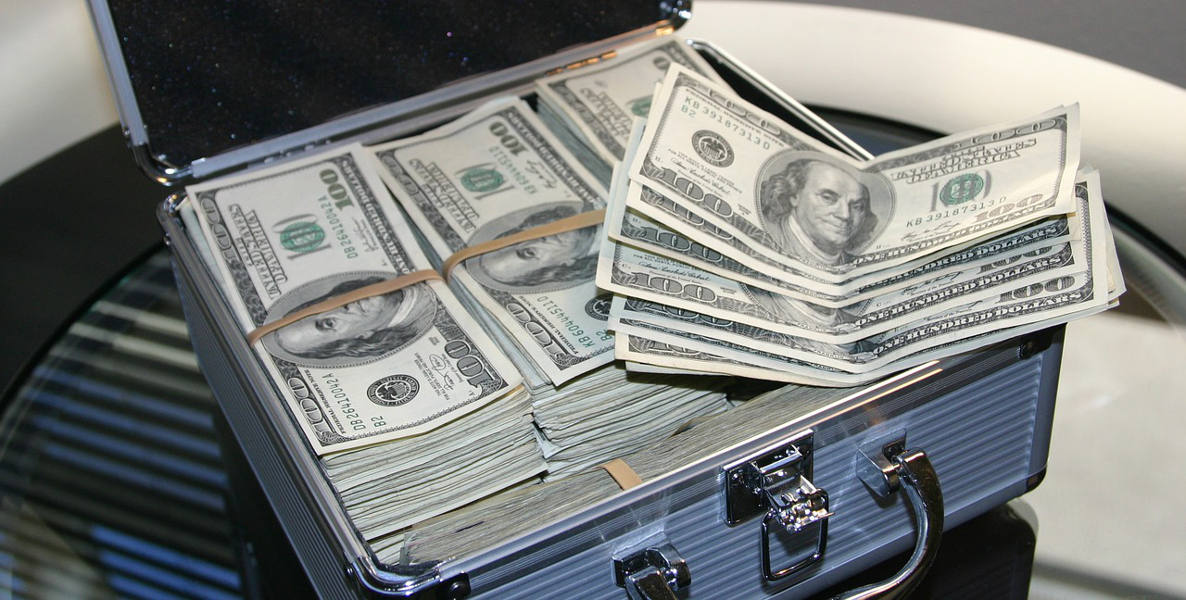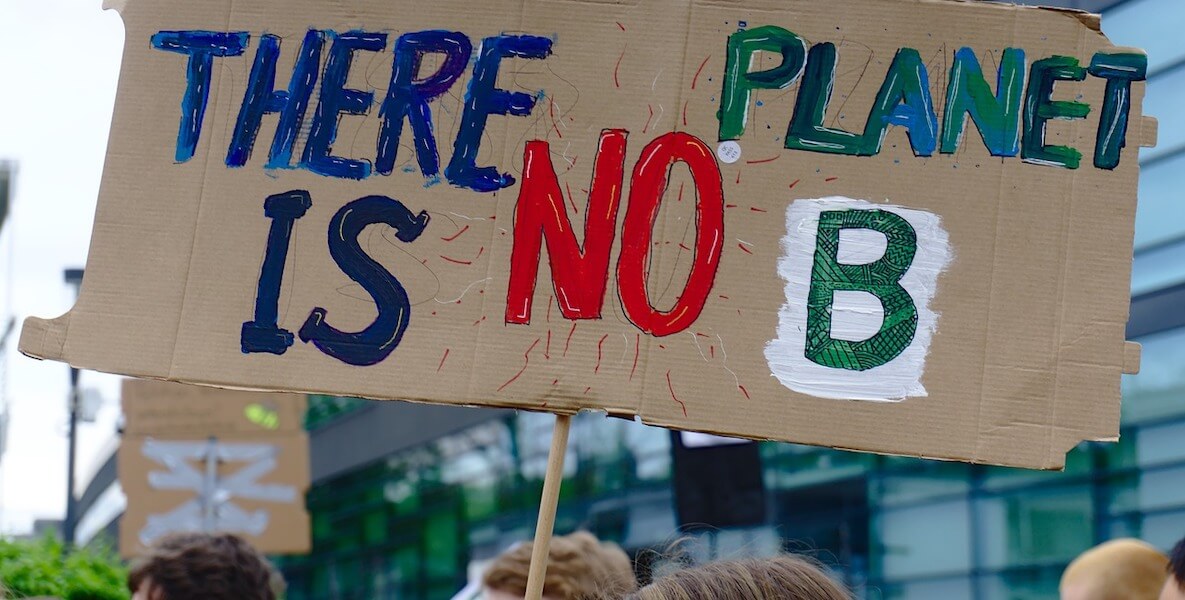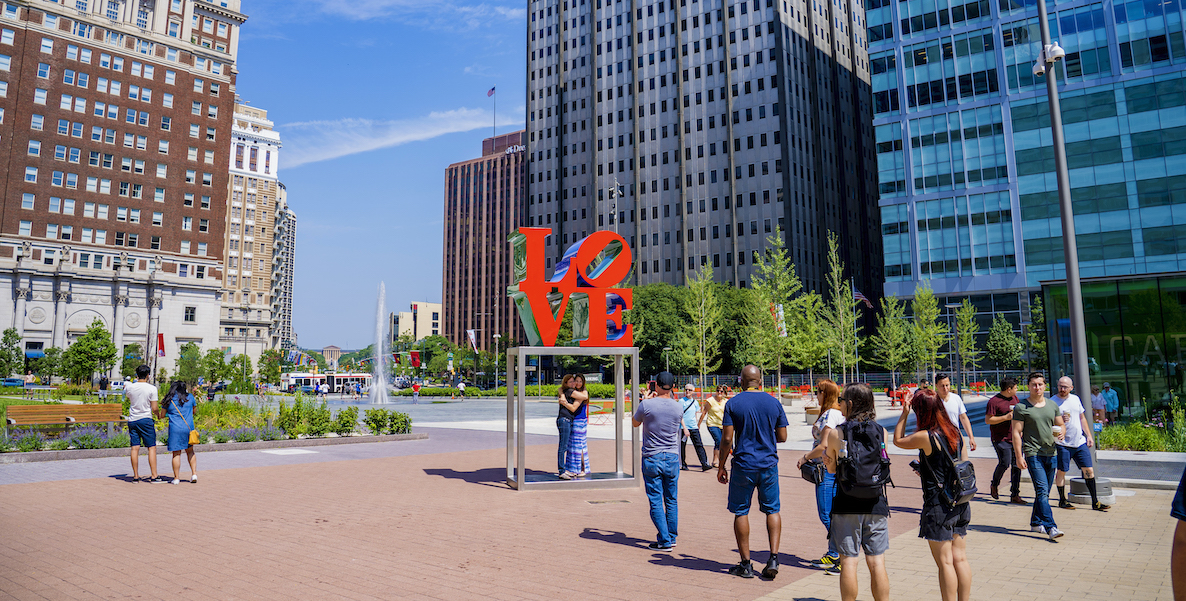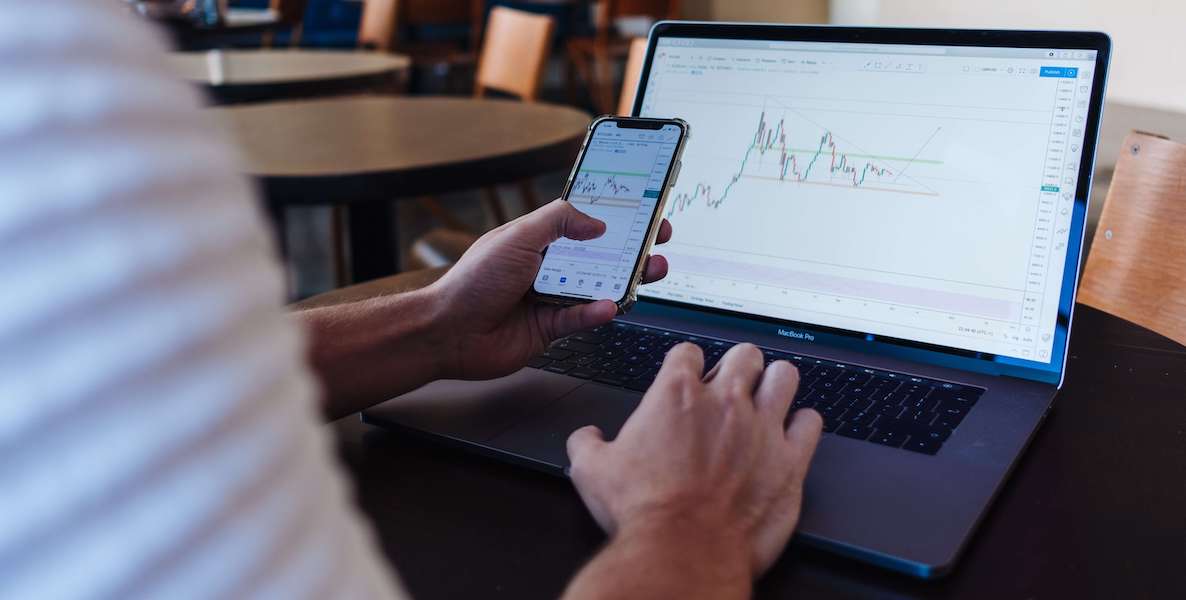Not long ago, Cory Donovan, executive director of social impact investing organization ImpactPHL, decided to look into his own retirement accounts, to check in on just how socially impactful he himself is in his investments.
He used a tool from As You Sow, a 30-year-old nonprofit that pushes corporations towards more conscientious business practices, that allowed him to look up a socially good grade for the mutual funds that made up his Individual Retirement Account (IRA). What he learned was…not good.
“One of the mutual funds I owned got an ‘F’ in a category I really care about: gender equity,” Donovan says. “I was horrified.”
Donovan used As You Sow to search for funds that got an ‘A’ by being made up of companies that score high on equity for women in the workplace, and to look up how well they perform in the market. He then called his financial advisor and switched funds.
This exercise taught Donovan a couple things: It’s nearly impossible for regular investors, even educated ones, to know if their money is being used in a way that matches their values.
And, while it’s great for individuals like him to be conscious about their money, it’s really large investors—like those who manage corporate retirement accounts—who are needed to make a change to how companies operate. Nationally, after all, there are 110 million people with 401(k) plans worth $8.4 trillion.
“They are decision-makers—if we can help them make better decisions, it’s a fulcrum for dozens, hundreds, of employees to channel their money into doing good for people and planet,” Donovan says. “It’s a way to move multiple people in the right direction at once.”
Over the last 30 years, As You Sow has worked with hundreds of companies to shift their business practices in a way that benefits the planet and its people—and that boosts their profits, as well. It does this by enlisting shareholders, through their investment advisors, to urge corporations to make needed changes, making the case that better hiring, environmental and social practices are also better for the bottom line.
Just this year, Behar says, As You Sow has had 126 “engagements” with companies, starting with conversations with executives about an issue that needed fixing, and elevating when needed to a stockholder resolution.
As an example, Behar says As You Sow approached Monster Beverage in June, 2017 after a review of labor practices found the company scored a “0” for its use of slave labor. In an initial conversation, Behar says Monster executives were unmoved. “They said, ‘We don’t think it’s an important issue,’” he recalls.
“It’s a fulcrum for dozens, hundreds, of employees to channel their money into doing good for people and planet,” Donovan says. “It’s a way to move multiple people in the right direction at once.”
So As You Sow filed a resolution on behalf of activist shareholders. In November of that year, the issue went to a nonbinding vote of all investors; though only 20 percent voted in favor of the resolution, the ensuing conversation brought the issue to the attention of board members.
Within six months, Behar says, the company had reworked its supply chain, re-trained employees, and set benchmarks for its success. By the end of 2019, Monster had hit its 2021 goals. As You Sow, meanwhile, helped the company revise their website to reflect its work in the area—an opportunity to market good behavior, for the sake of better sales.
The key to all of it, Behar says, is getting companies to see that they are on the same side. As You Sow represents shareholders; shareholders want better returns; socially-conscious business practices are increasingly shown to increase profits.
“It decreases risk, helps their brand, attracts and retains employees and helps their bottom lines,” Behar says. “The most interesting thing that happens is when companies realize we’re on their side, and if they do what we say, they’re going to make more money—and they’ll all get bonuses.”
In the decades since As You Sow was launched by Tom Van Dyck, an early leader in the socially responsible investing movement, Behar says there are hundreds of such successes, big and small.
The nonprofit is one piece of a larger community of activists, many religious and affiliated with the Interfaith Center on Corporate Responsibility, that work together to push for socially conscious business practices—something that dates back almost to the start of the American economy, when Quakers abolitionists boycotted any goods made by slave labor.
But since the 1970s, the idea of corporate responsibility largely has taken a backseat to economist Milton Friedman’s idea of “shareholder primacy,” a profit-at-all costs capitalism practiced in America for the last 50 years.
![]() That has finally started to change, fueled by the B Corps movement—founded right outside Philly—and propelled by the community that includes As You Sow.
That has finally started to change, fueled by the B Corps movement—founded right outside Philly—and propelled by the community that includes As You Sow.
Last August, the Business Roundtable did an about face and declared that “The long-term success of these companies and the U.S. economy depends on businesses investing in the economic security of their employees and the communities in which they operate.”
In December, the World Economic Forum followed suit, declaring a Fourth Industrial Revolution with a “Davos Manifesto,” a set of ethical principles for companies to follow.
“It’s the biggest shift in the nature of business in a century,” Behar says. “What you’re seeing is an emergence of business based on justice and accountability. They’ve all come around to our way of thinking.”
In part, that comes back again to the idea that doing good for people and planet is also good for business. Behar points out that the biggest cost to doing business, for example, is replacing and retraining employees; policies that provide equity, better pay, better benefits and better treatment of workers is more cost-effective in the end—which means better returns for shareholders.
“More and more we’re putting our money into those companies that are socially responsible,” he says. “Capital is moving that way, customers are moving that way.”
![]() As You Sow introduced the mutual fund assessment tools in 2015, starting with a look at fossil fuels, by utilizing the work of advocacy groups that have meticulously researched the sometimes dozens of individual companies packaged into each fund. The simplicity of the tool is what makes it valuable: You type the name of your mutual fund—Vanguard’s ESG US Stock, for example—into a search box for each category, and As You Sow pops up a letter grade.
As You Sow introduced the mutual fund assessment tools in 2015, starting with a look at fossil fuels, by utilizing the work of advocacy groups that have meticulously researched the sometimes dozens of individual companies packaged into each fund. The simplicity of the tool is what makes it valuable: You type the name of your mutual fund—Vanguard’s ESG US Stock, for example—into a search box for each category, and As You Sow pops up a letter grade.
That grade is based on wide-ranging research: It may be that, for example, your 401(k) manager has picked a mutual fund that avoids investing in Exxon or Chevron because of an interest in reducing dependence on fossil fuels; but unbeknownst to her, that fund may support companies that help Exxon build pipelines, or with other parts of its business. As a 401(k) manager—not to mention an employee—it would be hard to find that out piecemeal.
Now the organization also rates mutual funds from A to F in how well their companies fare on the issue of guns; deforestation; weapons; tobacco; and gender equality. On August 12th, it will introduce a search for prison-free funds.
“The most interesting thing that happens is when companies realize we’re on their side, and if they do what we say, they’re going to make more money—and they’ll all get bonuses,” Behar says.
Behar says users of the tools are split between individuals and financial advisors who are increasingly being asked by clients to ensure their investments match their values. Those investments are like votes: Every time fund managers put money into a company’s stock, they are—wittingly or not—supporting their business practices. And those investment-votes are making a difference.
When As You Sow started its Fossil Fuel-Free fund search tool, 10 companies got “A” grades; now, Behar says, there are hundreds.
“In our capitalist system, decisions are made based on dollars,” Donovan says. “That’s the reason big companies are boycotting Facebook, and the Redskins changed their name. We want to help decision-makers open up the possibility of change in Philadelphia and making better outcomes happen.”



